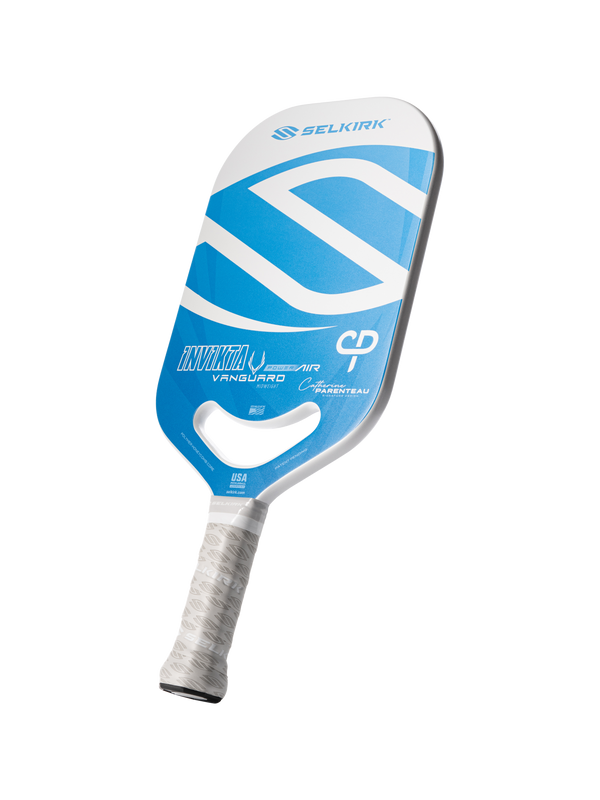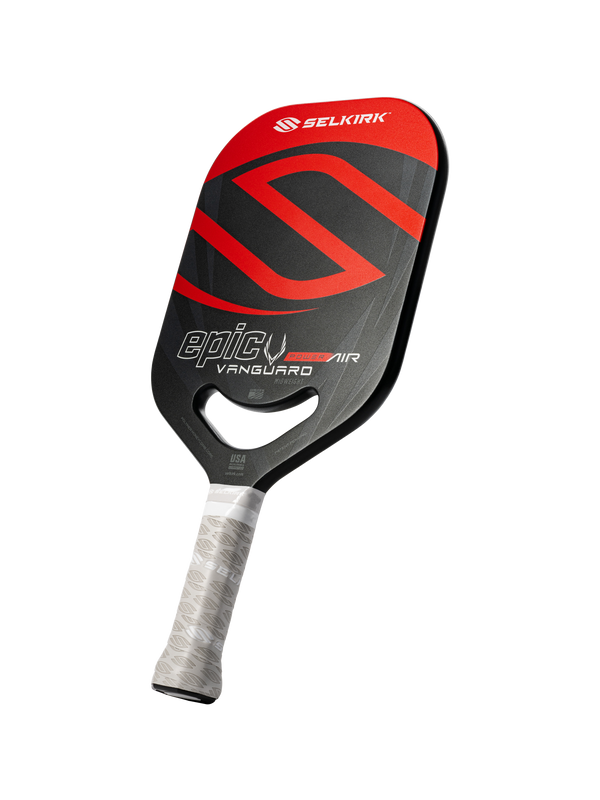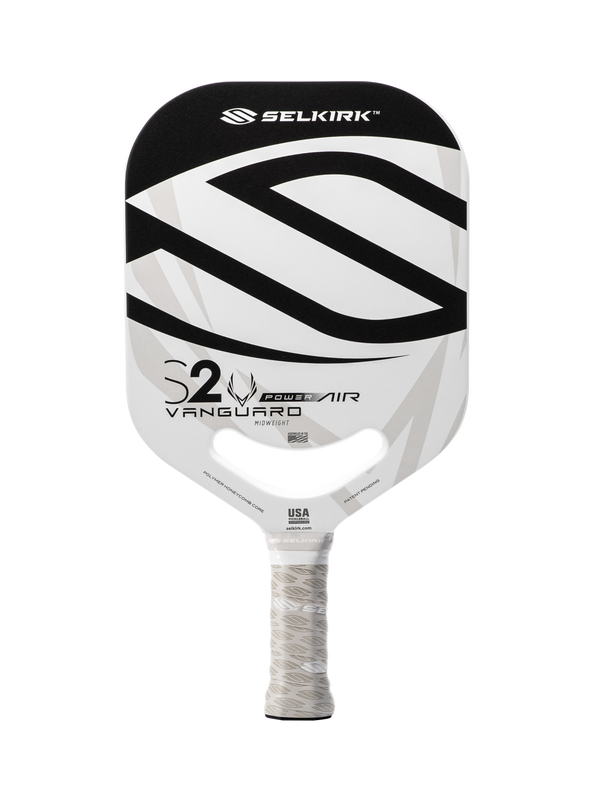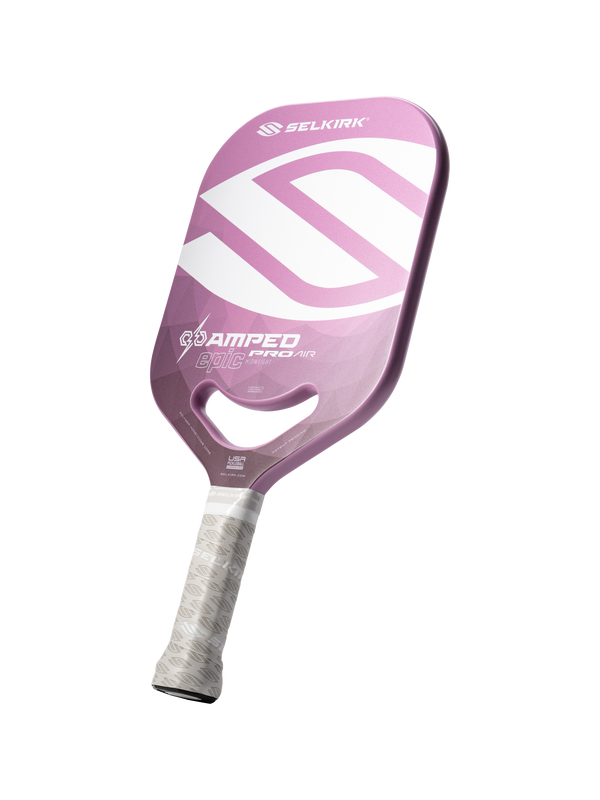As the sport continues to grow, more players are turning their passion into a profession by becoming coaches.
Whether you’re aiming to build a full-time career or want to share your love of the game, here’s what you need to know before stepping onto the court as an instructor.
Can you make a living as a pickleball coach?
As more people pick up pickleball, demand for qualified coaches is growing. Many coaches start part-time while maintaining another job, then transition into full-time coaching as their client base expands. Income can come from:
-
Private or small-group lessons
-
Running clinics or camps
-
Partnering with clubs or recreation centers
-
Offering online coaching or instructional content
Although income varies by region, experience, and hours worked, a dedicated coach can earn a competitive living, especially in pickleball hotspots where the sport is booming.
How to gain a clientele: Be active in your local pickleball community
Building a strong local presence is key to growing your client base. Here’s how to get started:
-
Play regularly at local courts to build relationships and trust with players.
-
Volunteer at tournaments or events to increase your visibility and credibility.
-
Network with local clubs and recreation departments to become their go-to instructor.
-
Offer free demo clinics to showcase your teaching style and attract students.
Word of mouth is powerful in pickleball communities, and being approachable, reliable, and engaged will help you stand out.
Staying up to date on rule changes
USA Pickleball periodically updates the official rules of the game. As a coach, it’s essential to stay current so you’re teaching the most accurate information. You can:
-
Read the updated USA Pickleball rulebook each year
-
Attend rules webinars or workshops
-
Join local pickleball associations that share rule updates
-
Follow official pickleball organizations on social media for quick announcements
Keeping up with rule changes ensures your players are always learning the correct way to play.
How to grow your skills as a coach
The best coaches are lifelong learners. Continue improving your game and teaching skills by:
-
Taking lessons from more experienced coaches
-
Attending coaching clinics or professional development courses
-
Watching and analyzing professional matches
-
Seeking feedback from your students to refine your methods
Continual growth will keep your instruction fresh and relevant.
How to teach different types of students
Every player is unique, so it’s important to adapt your approach. Consider using the following basic format:
-
Beginners: Focus on fundamentals, rules, and fun.
-
Intermediate players: Introduce strategy, shot selection, and consistency drills.
-
Advanced players: Offer high-level tactics, mental game preparation, and match analysis.
Tailoring your coaching to the student’s skill level and learning style builds their confidence and accelerates progress.
How to keep lessons fun and engaging
Pickleball is meant to be enjoyable, and your lessons should reflect that. You can:
-
Use games and friendly competitions in your drills
-
Celebrate small wins to boost confidence
-
Vary your drills to keep things fresh
-
Foster a supportive and positive atmosphere
When players have fun, they’re more likely to stay motivated, return for more lessons, and refer their friends.
Why you should become a certified pickleball coach
Certification lends credibility to your coaching career. It demonstrates to potential students that you have:
-
A strong understanding of rules and techniques
-
Knowledge of best practices in instruction and safety
-
A commitment to professional development
Many venues and clubs require certification to teach on their courts, and parents or adult learners often prefer working with certified instructors for peace of mind.
If you’re ready to launch your coaching journey, consider becoming certified through Pickleball Coaching International (PCI), which is recommended by USA Pickleball. PCI offers comprehensive training and resources to help you develop your skills and credibility as a coach.






















